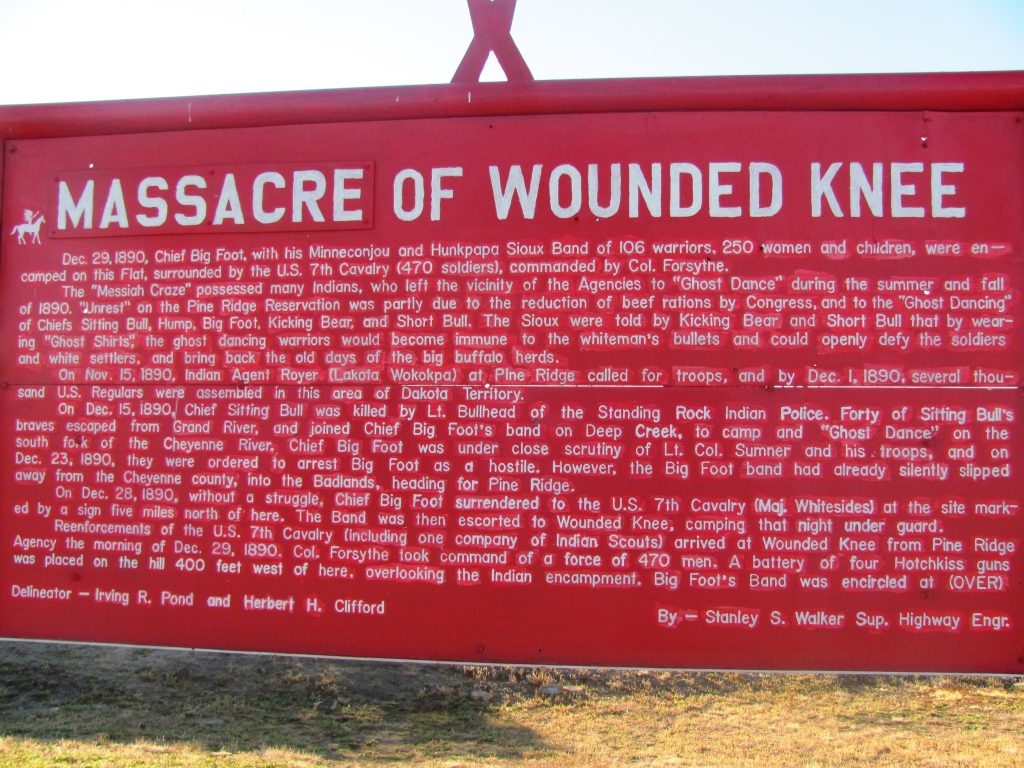“One day our descendants will think it incredible that we paid so much attention to things like the amount of melanin in our skin or the shape of our eyes or our gender instead of the unique identities of each of us as complex human beings.”
—Franklin Thomas

Everyone I was looking at was white.
Being from a small town in Western Maine, this wasn’t new to me. But this gathering was different. Everyone here had been carefully selected in part for their varied leadership roles across our state and, in part, because they are white.
It was the opening session of the Maine Community Foundation’s 2021 Leadership Learning Exchange for Racial Equity. Before me sat twenty-four people sorted neatly into squares, compliments of the remote-conferencing capabilities of Zoom.
“This program has four goals,” one of the co-facilitators said in a calm and loving voice. “Let’s take a look at each of them:
- To reflect on whiteness and our identity as white people.
- To deepen our understanding of racism and its dynamics.
- To increase our capacity as leaders to advance racial equity.
- To increase white resiliency to engage the topic of race.”
The co-facilitator then paused with intentionality.
At age fifty-four, this was the first time I truly comprehended that being white was a race.
Although I’d frequently thought about race in America those thoughts were traditionally externally applied with good wishes for people of a darker color.
But white? White was, well, just white.
Being asked to reflect on my whiteness was momentarily numbing, but soon thereafter, I found it to be liberating. Within an hour of confronting my racial identity I suddenly felt empowered. I was no longer a spectator in someone else’s story. I was—and in fact, always had been—a direct participant. I could help strengthen racial equity in America by first confronting my own whiteness.
Over the course of the next two months our group would meet five times. During each class we would break out into discussion groups where two to five people would talk about how being white affords them privilege in America.
White Americans talking to other white Americans about the white race’s defining role in American racism. This was new for me, and transformational.
Suddenly, I could see.
It was, after all, white Americans who had created the racially unequal systems that have historically defined our country.
Blacks did not create American slavery; white people did.
Blacks did not create the Jim Crow South; white people did.
Blacks did not create segregation; white people did.
Native Americans did not create Indian reservations; white people did.
While I found this sobering and saddening, I also found it unexpectedly energizing. If whites held the power to create these racial systems filled with oppression, terror, prejudice, and negative bias, then white people also held the power to play a leading role in dismantling it all.
With each topic we explored it became clear that racial inequality is not just a history lesson; it’s alive today and at work in both seen and unseen ways.
And what did I take with me from my participation in this Leadership Learning Exchange for Racial Equity?
First, I took sadness.
I felt remorse.
Second, I took understanding. Racism was not a person but rather an action or, at time, an inaction. Racism was not always about intent. What mattered was outcomes.
Next, I saw the conundrum of our democratic ideals buckling under the weight of our actions. Words and deeds are not the same.
Yet, in the end, I took resilience. I could contribute to making the future different from the past. Despite its transgressions, America in 2021 felt like the best place on Earth to recalibrate. America is a place where we can call ourselves out. America is a place where we can regroup and be better. And I could participate.
Racial inequality in America began as a white construct, and I am white. If whites could play a starring role in the original construction and perpetuation of racial inequality, they could correspondingly lead the way in reversing it.
“It is from numberless diverse acts of courage and belief that human history is shaped. Each time a man (or woman) stands up for an ideal, or acts to improve the lot of others, or strikes out against injustice, he sends forth a tiny ripple of hope.”
—Robert Kennedy
* * *
Thank you for considering my thoughts. In return I honor yours. Every voice matters. Between our differences lies our future.
____________________